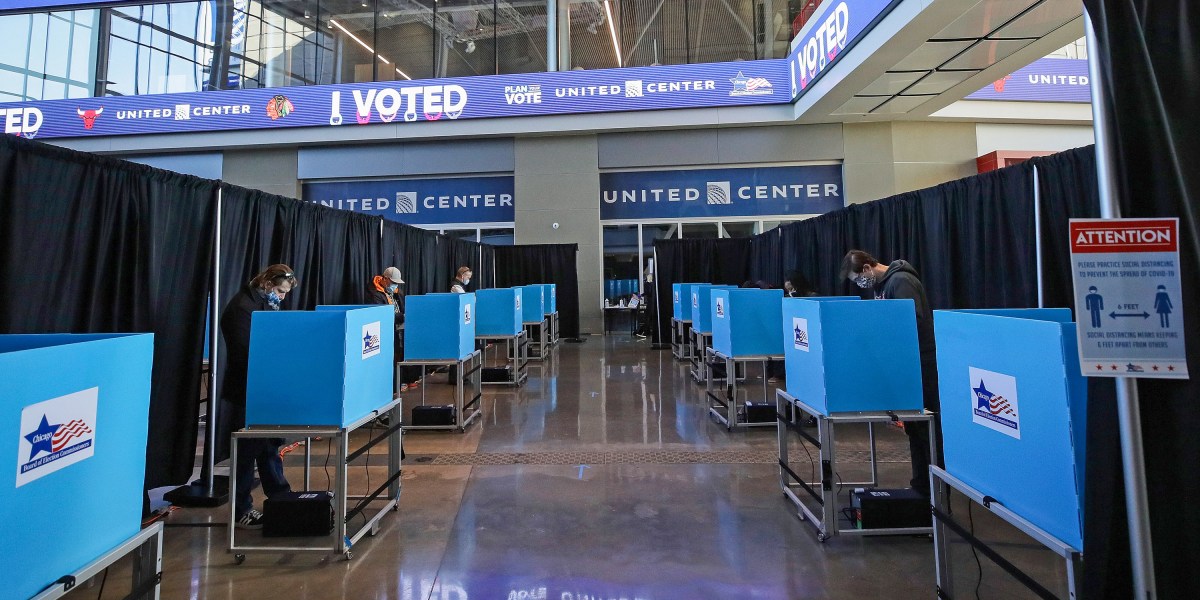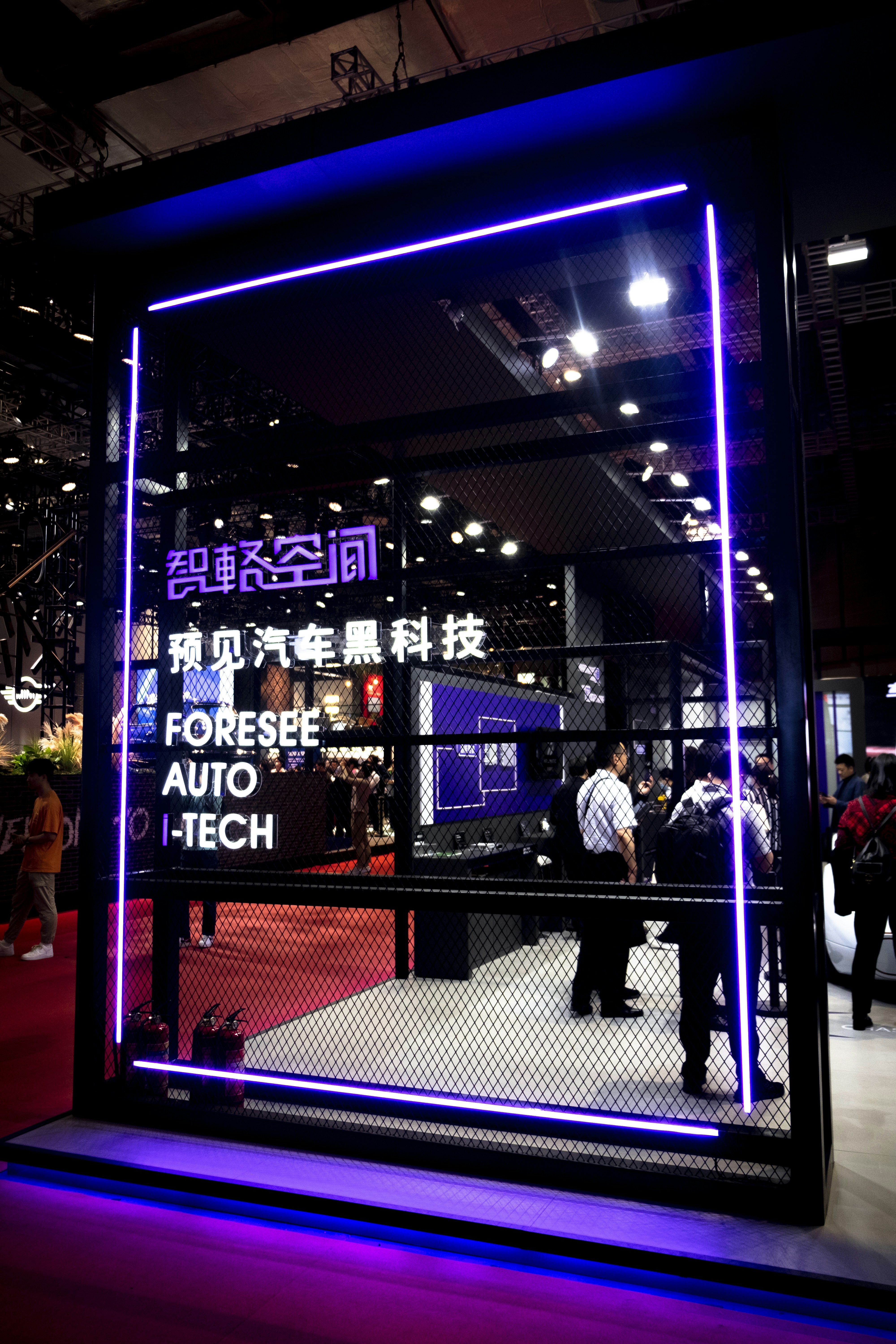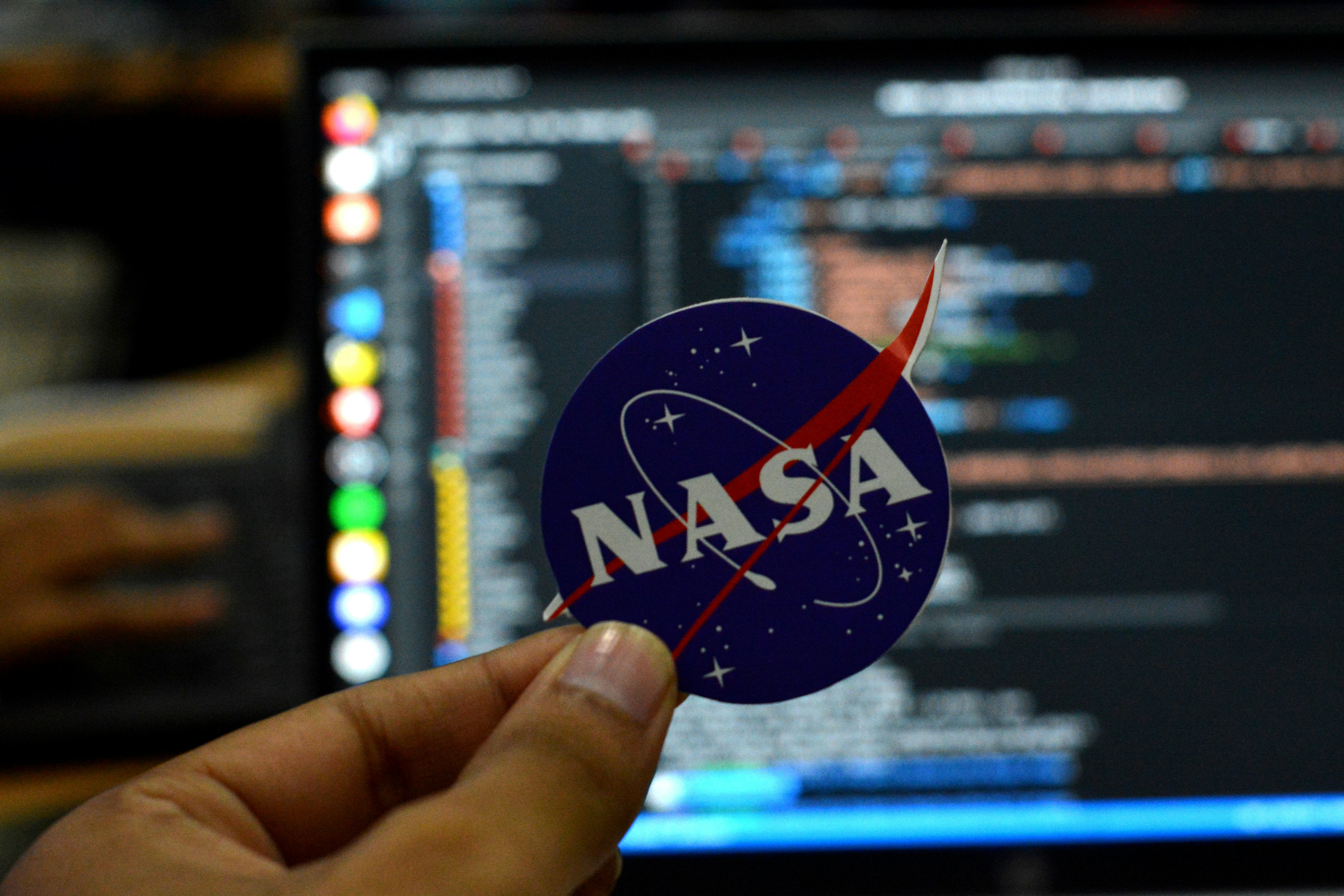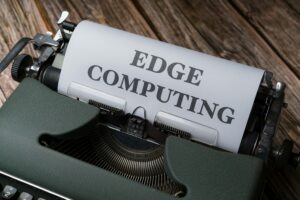
Again in Harmony, Adida gave the impression to be persuasive to the general public at massive — or at the least these invested sufficient to attend the occasion. Of the 201 attendees who stuffed out a scorecard, VotingWorks was the most well-liked first alternative. However amongst election officers, the clear desire was Dominion. Some officers have been skeptical that open-source know-how would imply a lot to individuals of their cities. “Your common voter does not care about open supply,” mentioned one city clerk.
Nonetheless, 5 cities in New Hampshire have already bought VotingWorks machines, a few of which can be utilized in upcoming March native elections.
Two primary elements decide whether or not somebody has religion in an election, mentioned Charles Stewart III, a political scientist at MIT who has written extensively about belief in elections. The primary, which impacts roughly 5 to 10 p.c of voters, is a damaging private expertise on the polls, like lengthy strains, impolite ballot employees, and issues with machines, which might make the general public much less prepared to belief an election’s consequence.
The second, extra influential issue affecting belief is that if a voter’s candidate received. That makes it supremely tough to revive confidence, mentioned Tammy Patrick, a former election official in Maricopa County and the present CEO for applications on the Nationwide Affiliation of Election Officers. “The reply on election administration — it’s advanced, it’s wonky, it’s not pithy,” she mentioned in a latest press convention. “It’s arduous to return again to these emotional pleas with what the fact is.”
Adida agrees with Stewart that VotingWorks alone isn’t going to get rid of election denialism — nor, he mentioned, is that his objective. As a substitute, he hopes to succeed in the people who find themselves prone to misinformation however haven’t essentially made up their minds but, a gaggle he describes because the “center 80 p.c.” Even when they by no means go to the corporate’s GitHub, he says, “the truth that we’re placing all of it out within the open builds belief.” And when somebody says one thing patently false concerning the firm, Adida can at the least ask them to determine the incriminating strains of supply code.
Are these two issues — rhetorical energy and a dedication to transparency — actually a match for the disinformation equipment pushing lies throughout the nation? Adida talked about the myths about legacy distributors’ machines being mis-programmed or incorrectly counting ballots throughout the 2020 election. “What was the counterpoint to that?” he requested. “It was, ‘Belief us. These machines have been examined.’ I would like the counterpoint to be, ‘Hey of us, all of the supply code is open.’”
Spenser Mestel is a ballot employee and impartial journalist. His bylines embody The New York Occasions, The Atlantic, The Guardian, and The Intercept.
This text was initially revealed on Undark. Learn the unique article.





